Delsie Braganza
Delsie joined the Focal Point Research team in 2011 and has been an invaluable asset for our clients. With her strong regulatory and quality assurance background, she is able to help clients understand the Canadian and US requirements, set targets to achieve compliance, and attain their goals to get products to market.
Delsie is able to audit facilities, set up and maintain GMP compliant facilities, develop strong quality management systems, and co-ordinate successful Health Canada inspections. In addition to this, Delsie oversees all regulatory compliance reviews and submissions made to Health Canada and the US FDA.
Delsie obtained an Honours Bachelor of Science (Hons. B. Sc.) in Pharmaceutical Chemistry from the University of Toronto, Post-Graduate Certificate in Pharmaceutical Regulatory Affairs and Quality Operations (RAQ) from Seneca College and Regulatory Affairs Certification (RAC) from the Regulatory Affairs Professional Society (RAPS).
When she’s not learning something new, Delsie loves spending time with family, going on road trips or long walks, and swimming.

Recent Comments